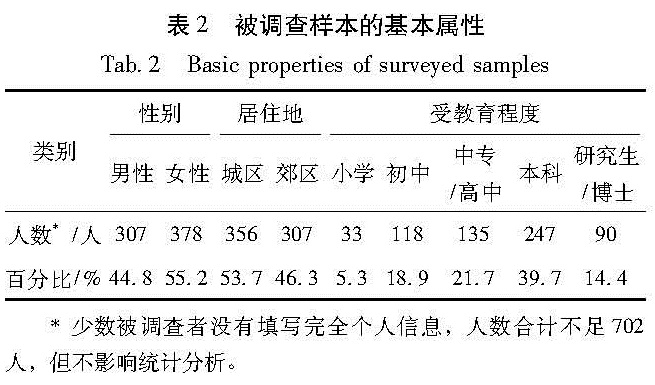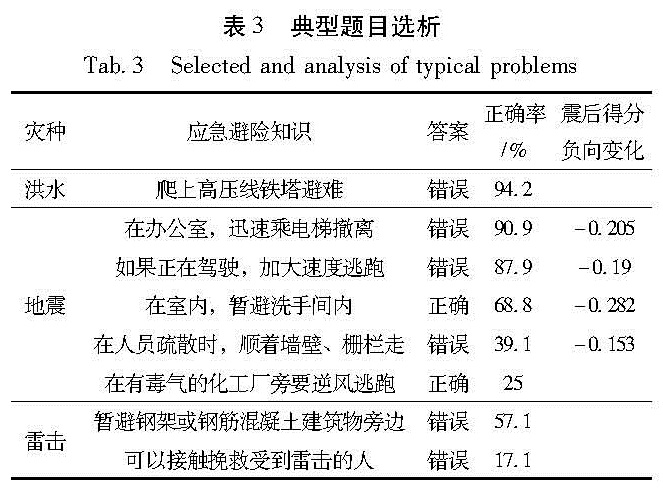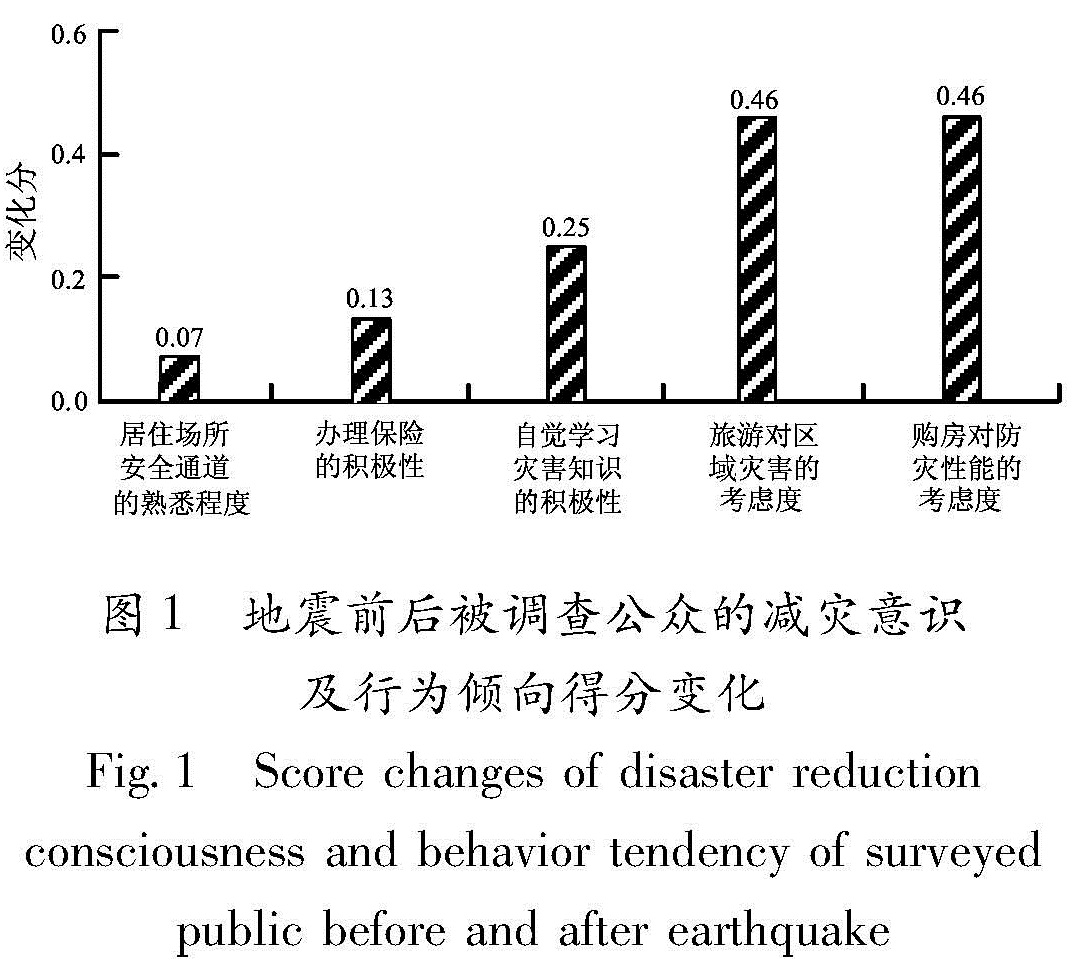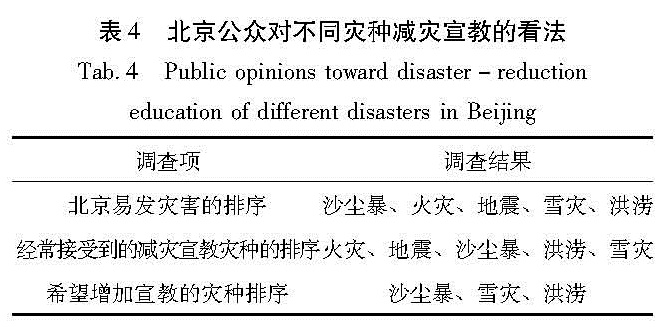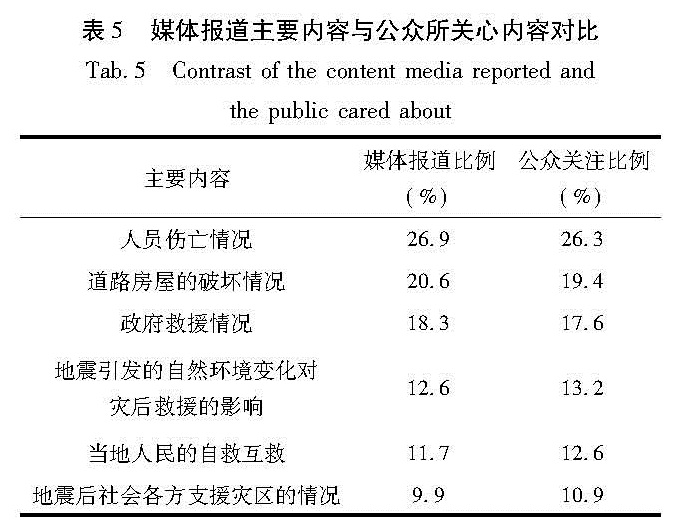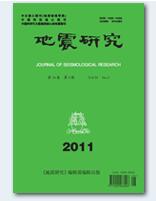基金项目:北京师范大学本科生科研基金资助项目.
备注
通过对北京702名公众进行问卷调查,了解其在汶川地震前后灾害认知的变化及对风险沟通的看法,经过赋分计算及相关分析,结果显示:被调查公众对汶川灾害高度关注,电视、网络是公众获取信息最主要的渠道; 被调查者所掌握的灾害应急避险知识水平低,而且在地震后这一情况没有得到改善,但是减灾意识及行为倾向有所改善。样本个体的教育水平、性别、灾害经历,对其灾害认知有影响。基于调查结果,提出的风险沟通建议:官方媒体作为公众重要且信赖的信息来源,其报道的内容应起到引导公众思考构建减灾知识及技能体系的重要作用; 根据被调查者的意愿,北京应加强受众广、发生较为频繁的几类灾害(沙尘暴、雪灾、涝灾)的宣教。
A questionnaire survey of 702 people in Beijing was conducted in order to investigate the change of the disaster cognition of the public and their views on risk communication after the 2008, Wenchuan, Sichuan, MS8.0 earthquake. Through score calculation and correlation analysis, we got the following conclusions.Firstly, respondents paid high attention to Wenchuan Earthquake, and the media they mainly depended on were TV and internet. Secondly, the respondents' knowledge of disaster emergency and disaster prevention was limited and it did not improved after the Earthquake. On the other hand, their disaster-prevention awareness and behavior tendency were improved. Thirdly, the individual characteristics of respondents such as education level, gender, and experience of disaster would have effect on their cognition of natural disasters. Based on the survey, we propose the suggestion of risk communication. On one hand, the official media, as the trustful and important information source of the public, should report something that could make the public recognize the importance to construct the system of the understandings and the skills of the disaster-prevention. On the other hand, according to the respondents' suggestion, the government should enhance publicity of the severe disasters frequently-occurred in Beijing, such as the sandstorm, the snowstorm, and the floods.

